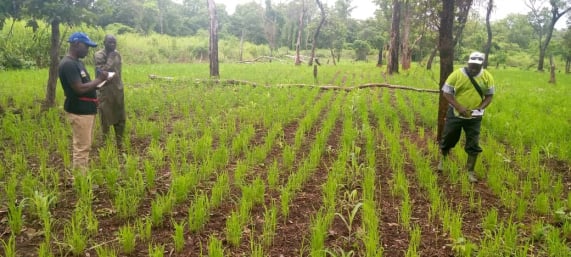
Food Security
In the field of Agro development, we work with farmers and communities to improve agricultural practices, increase crop yields, and enhance food security. Through training programs, technical assistance, and access to resources, we empower individuals to build sustainable livelihoods and improve their quality of life
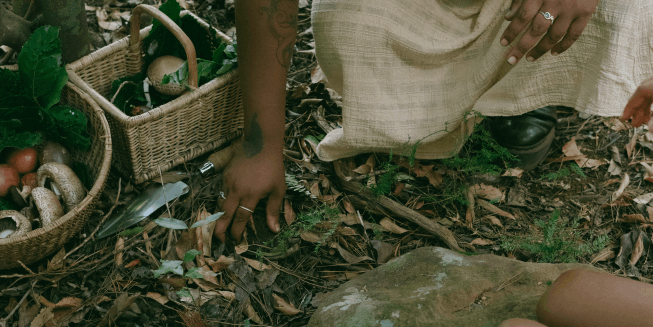
Environmental Protection
In addition to our work in agriculture, we are committed to promoting environmental protection and conservation. By advocating for sustainable land use practices, promoting a “circular economy model” in the production and consumption of briquettes instead of firewood and charcoal to reduce pollution and deforestation, and raising awareness about the importance of biodiversity, we strive to create a healthier planet for future generations.
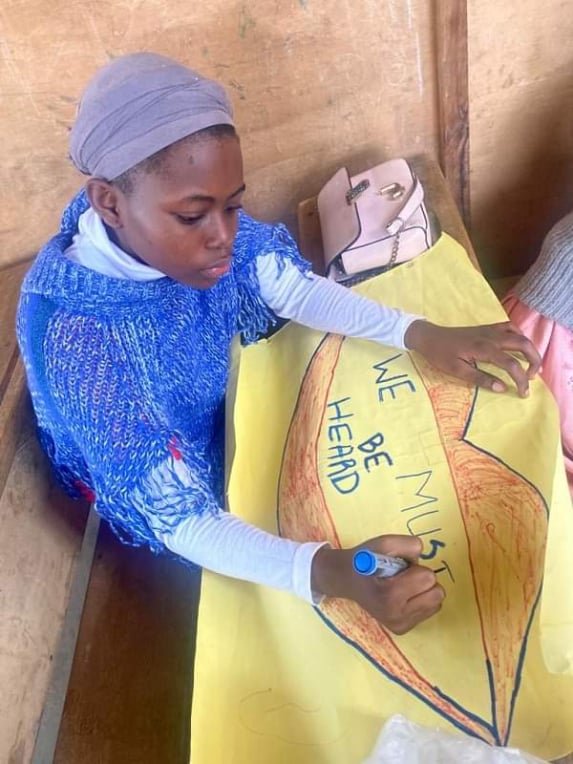
Women Economic Empowerment
Entrepreneurship and Financial Literacy training: WESAD and partners A2Empowerment, IFAD, Venture for ALL, CEED Canada and GYIN are ensuring that women, adolescent girls and adolescent boys have equal access to education, healthcare and economic opportunities. By providing training and support to help women and adolescent girls develop the skills and confidence needed to succeed in their personal and professional lives. Additionally, we raise awareness about gender equality engaging men and adolescent boys in the discussions creating allies and advocate for policies that promote women's rights. We help create a more inclusive and equitable society where women and adolescent girls can thrive and reach their full potential.
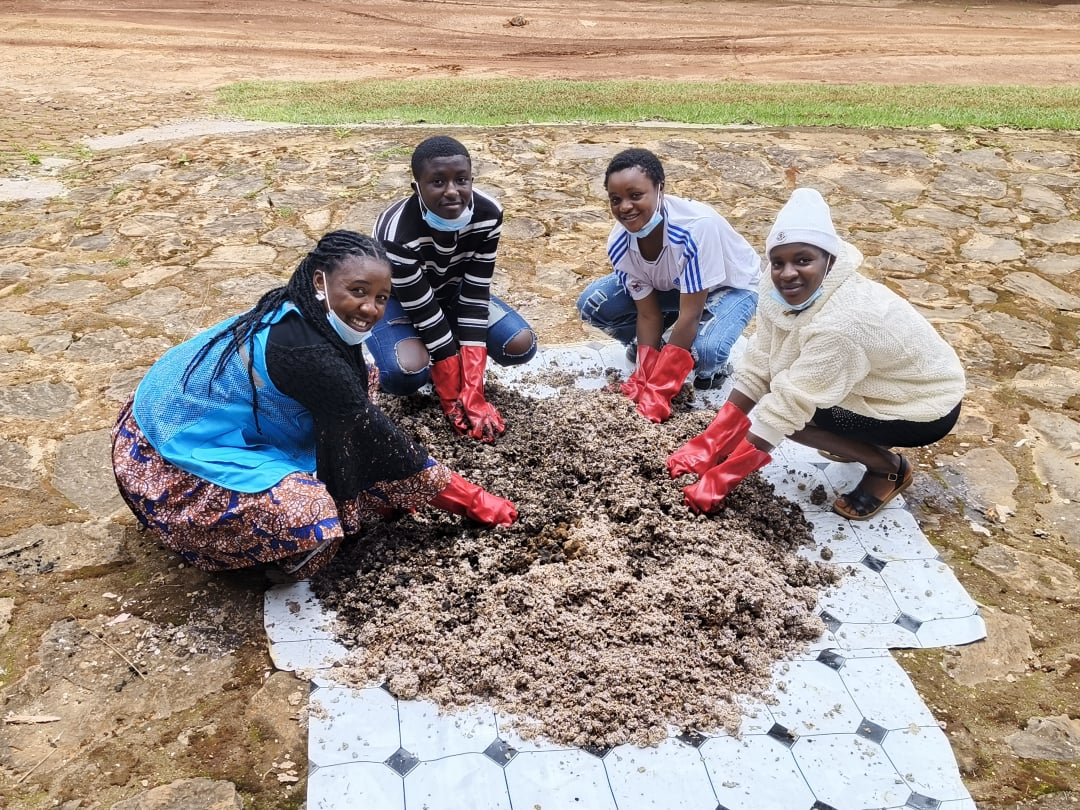
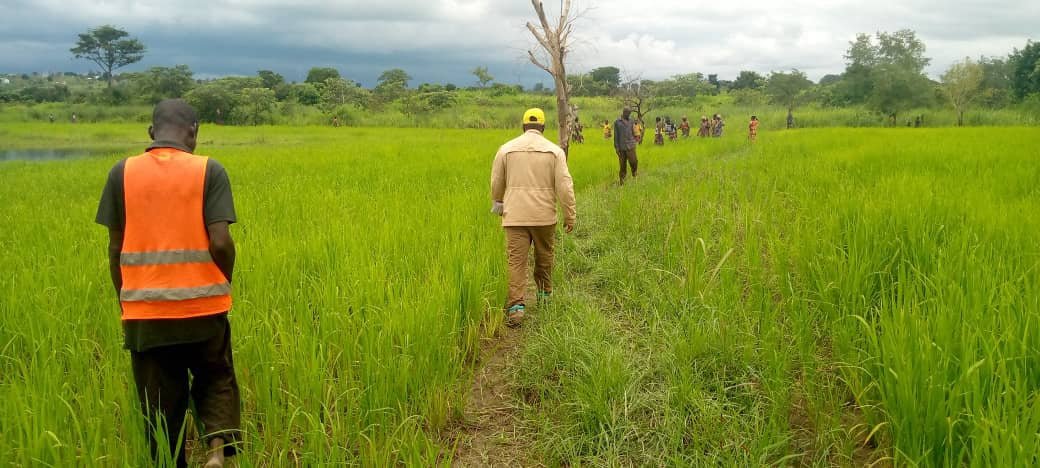
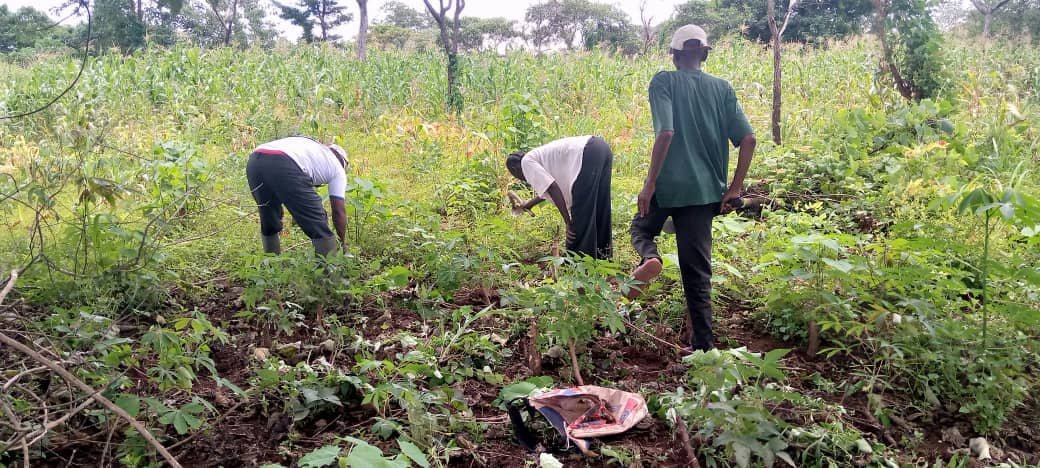
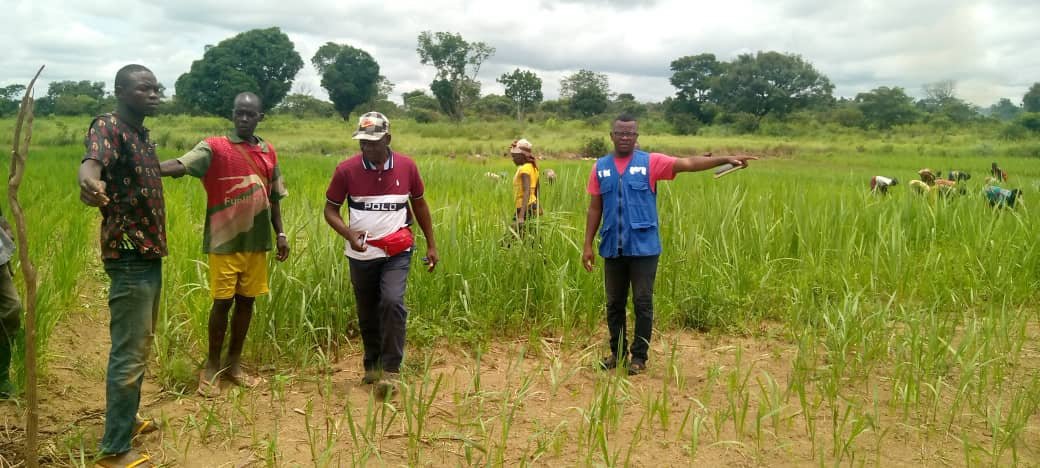
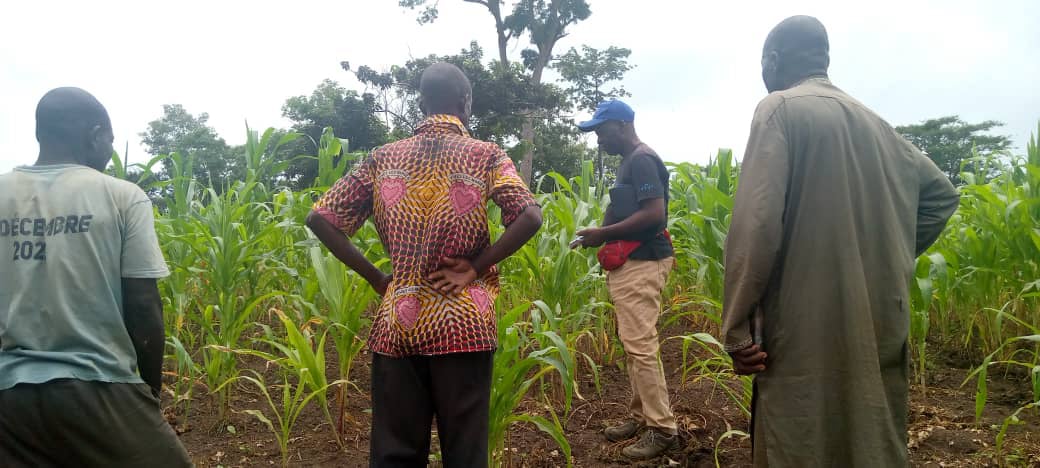
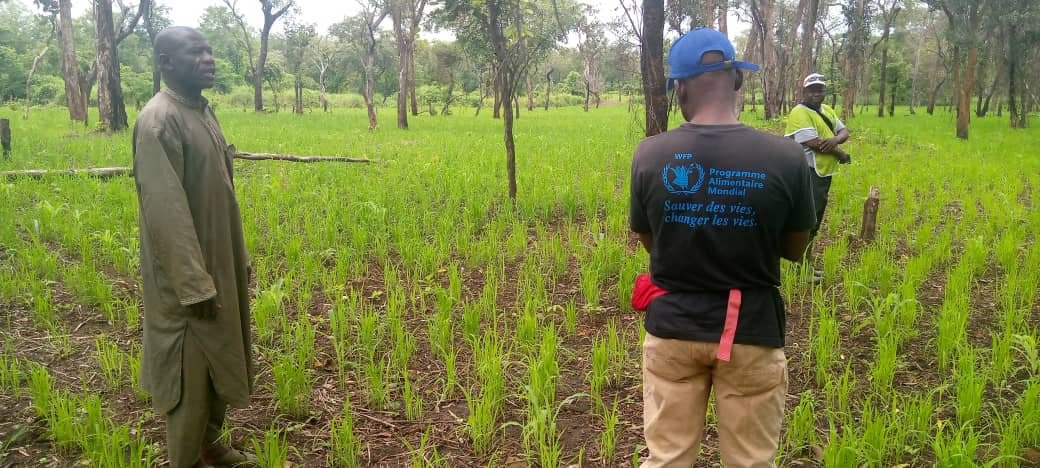
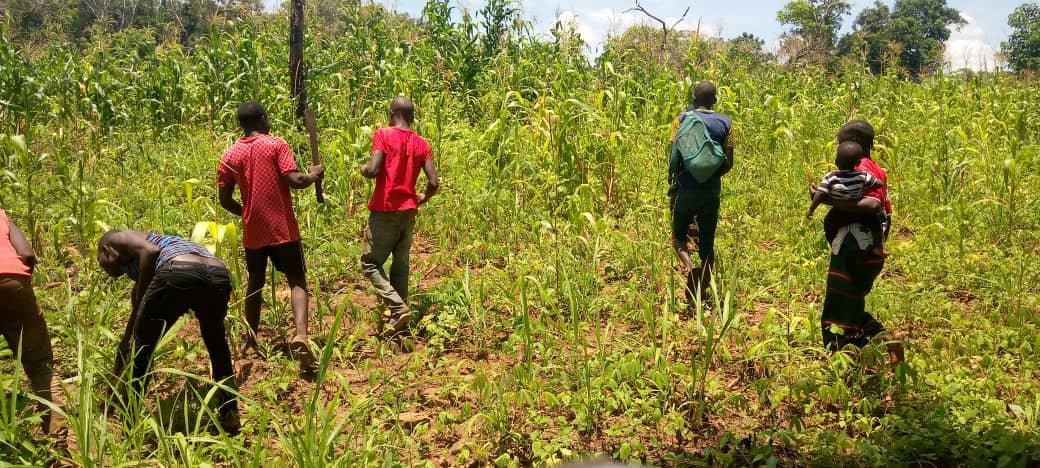
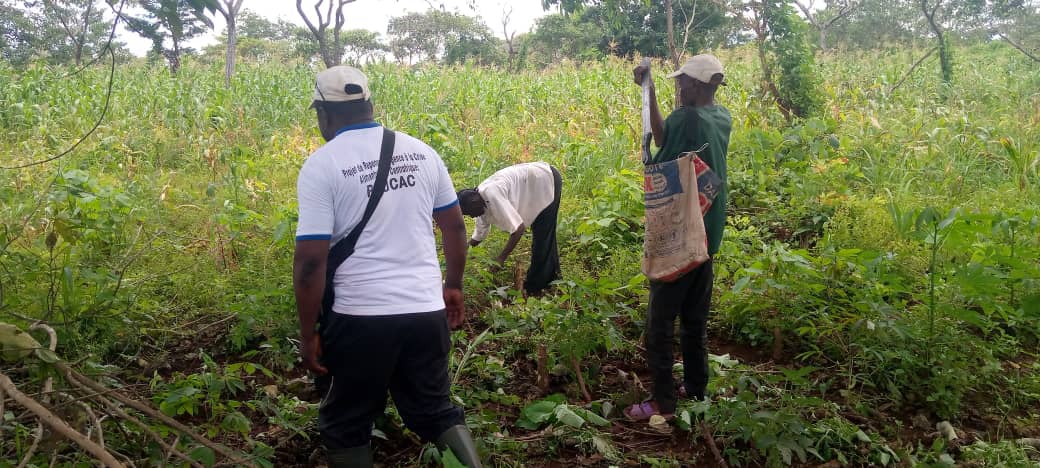
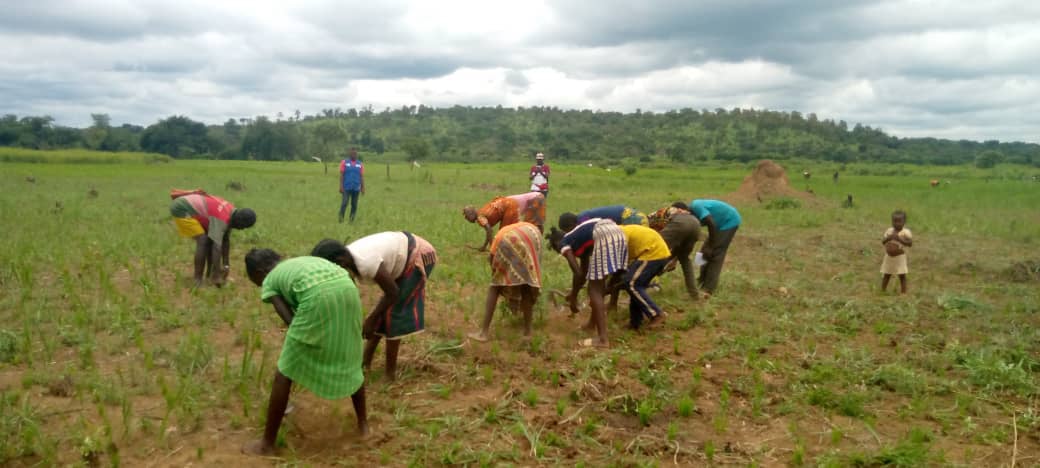
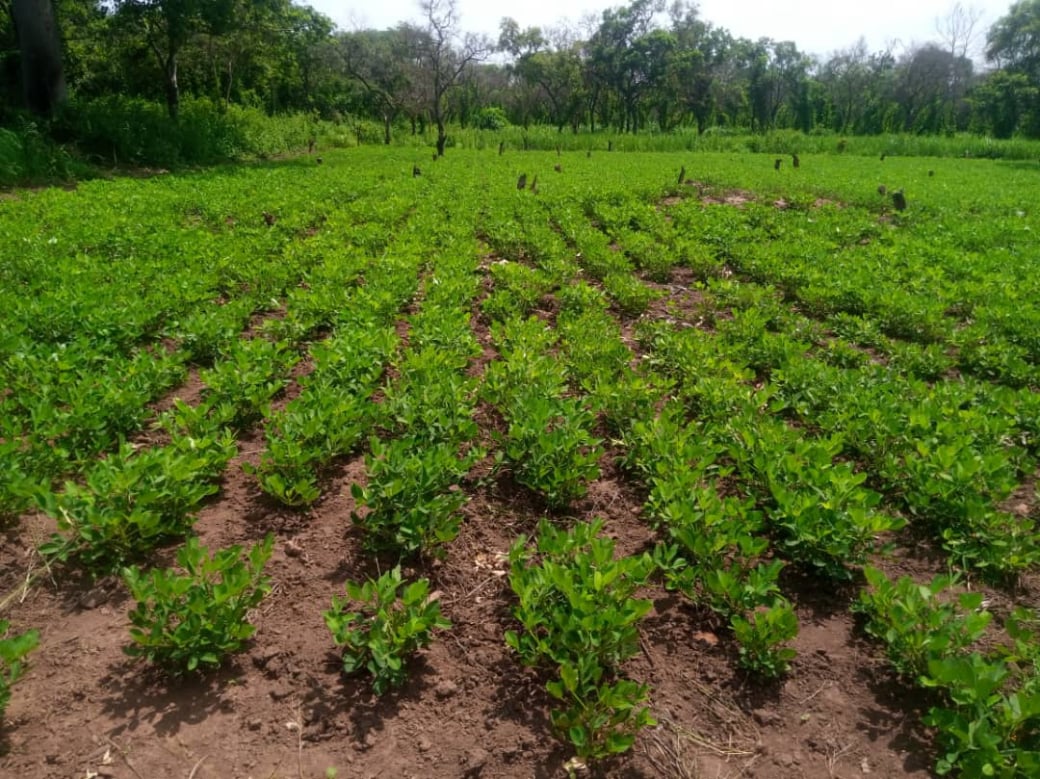
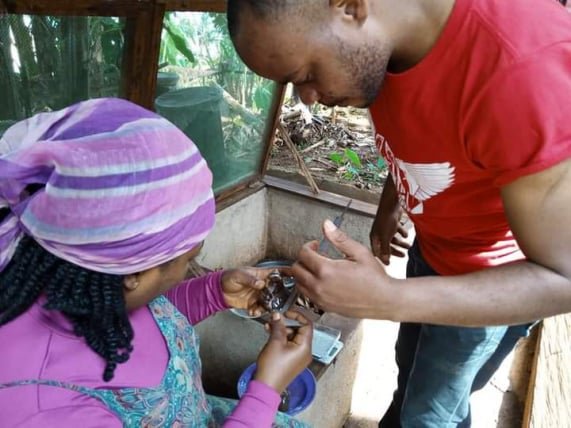
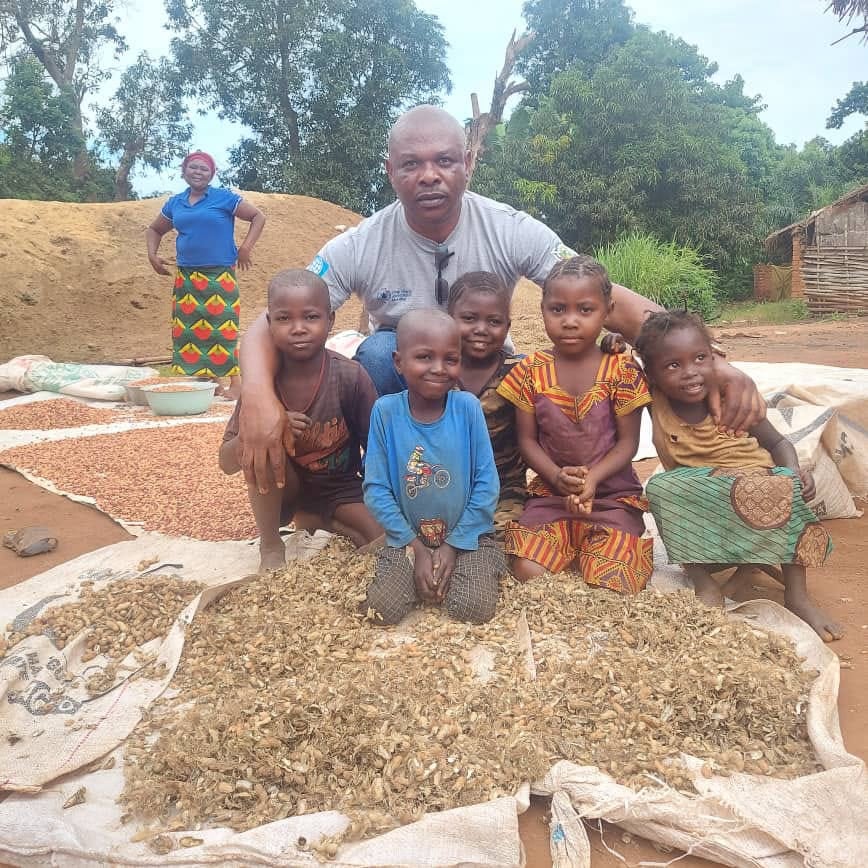
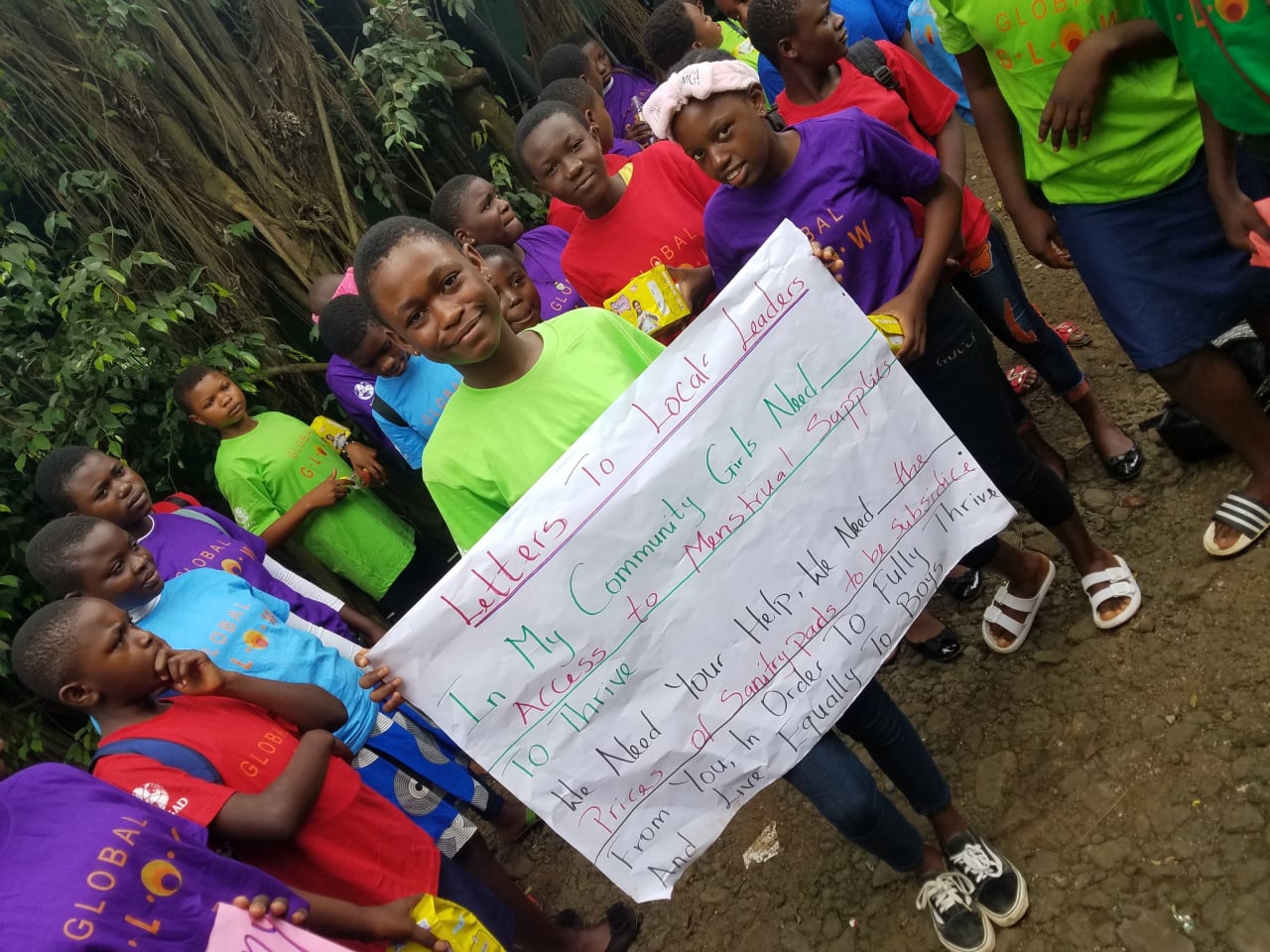
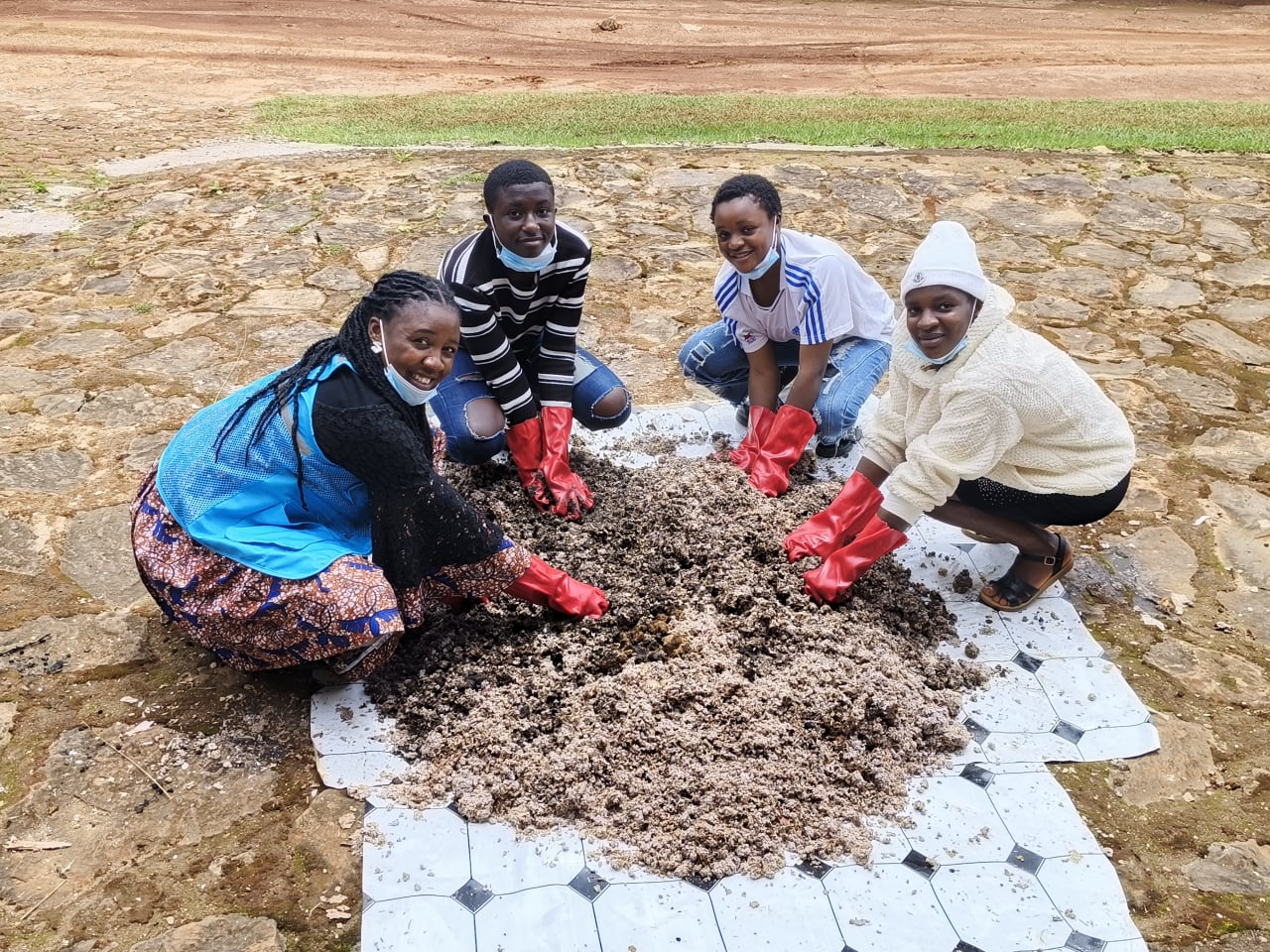
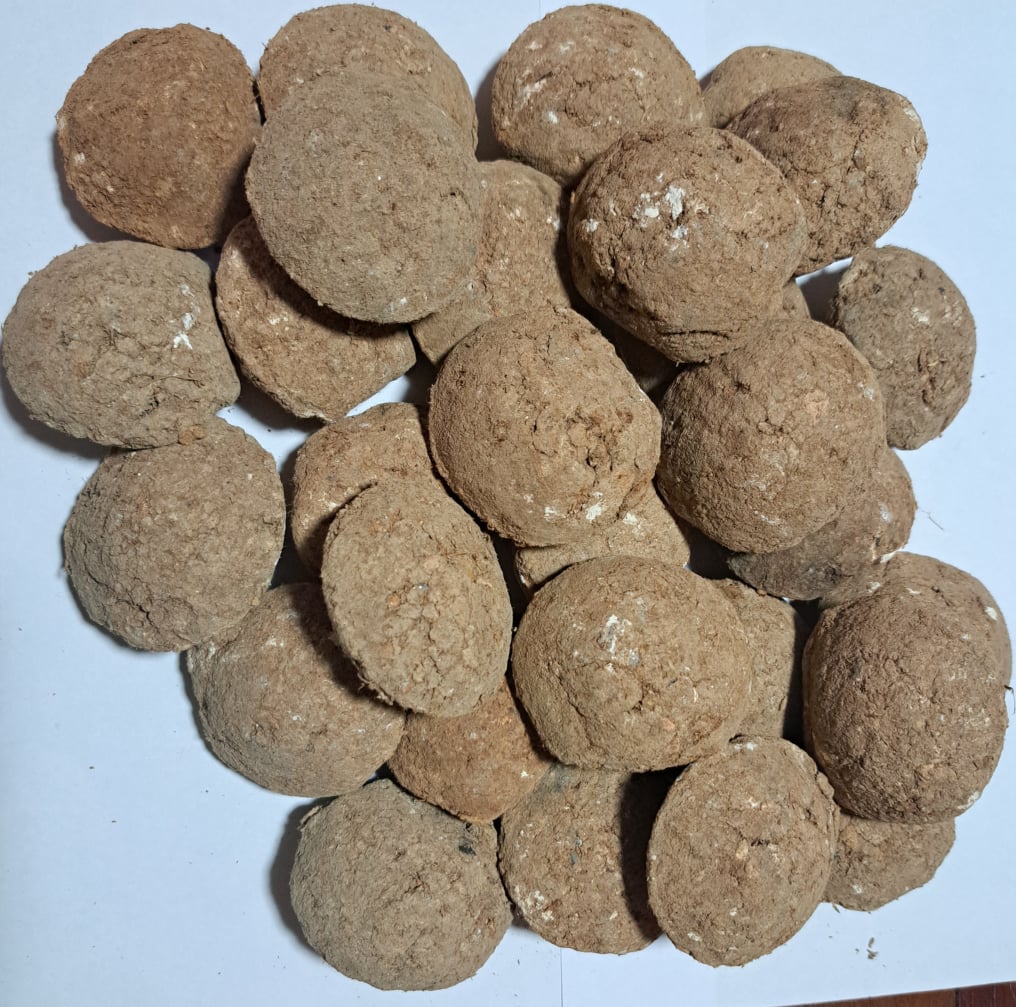

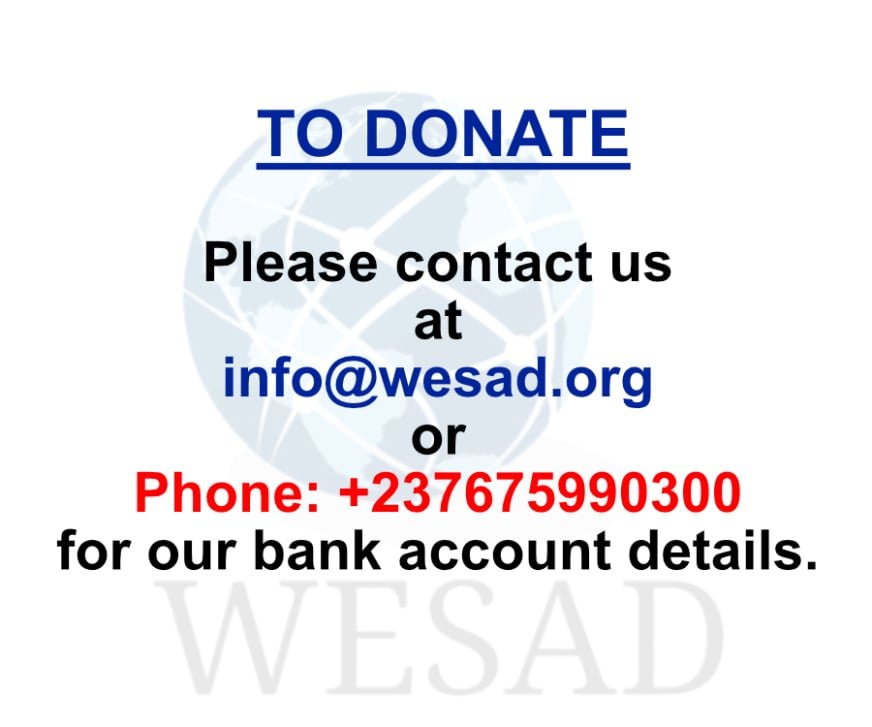
Follow Us
We envisage sustainable and peaceful communities where human rights and dignities are respected, providing equal opportunities for all through community participation to improve well-being and economic development.